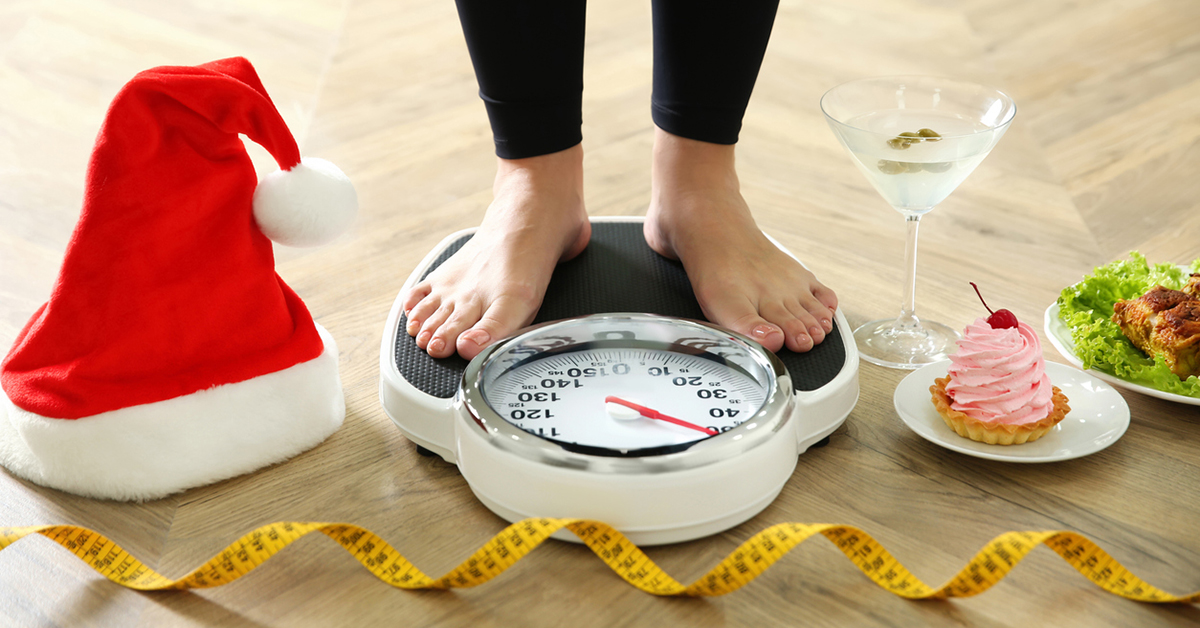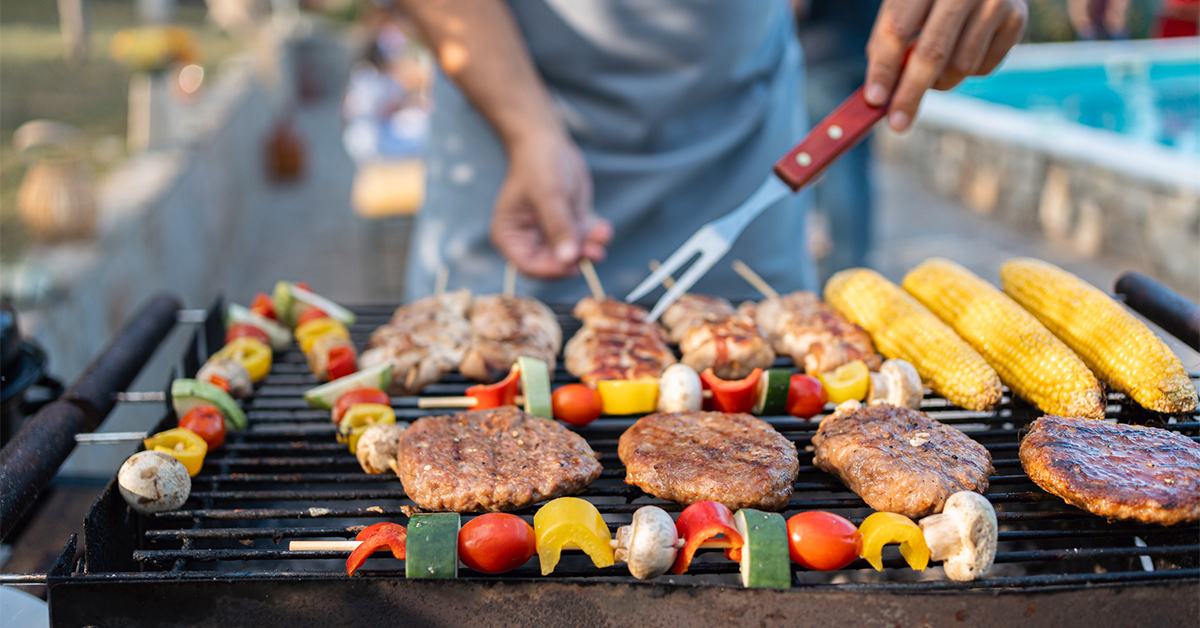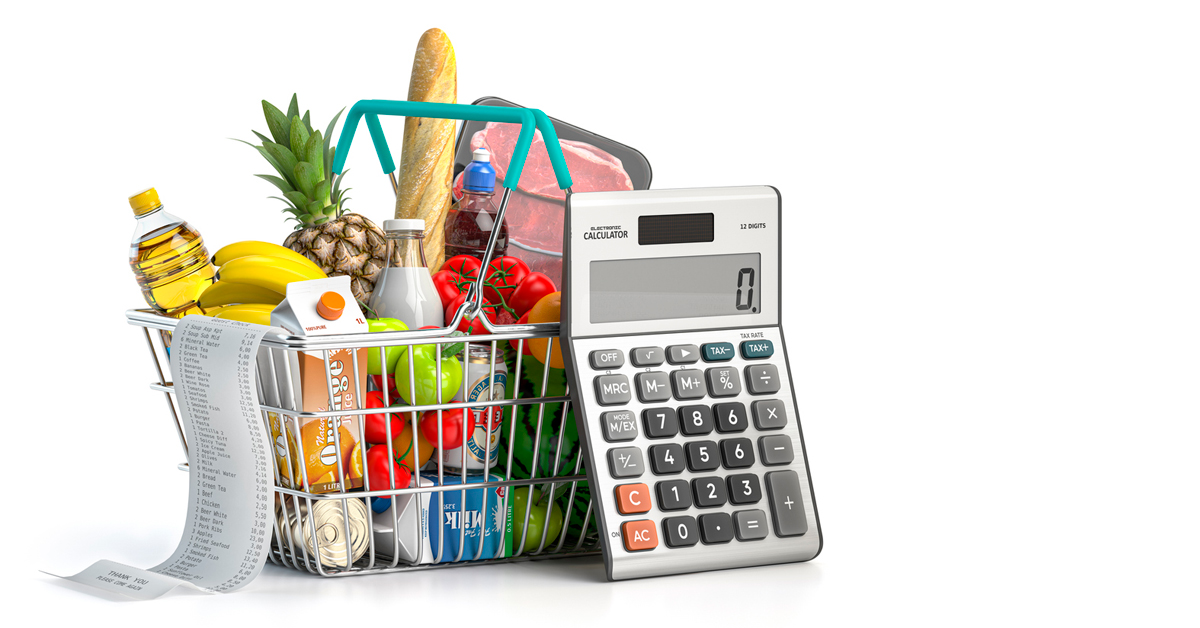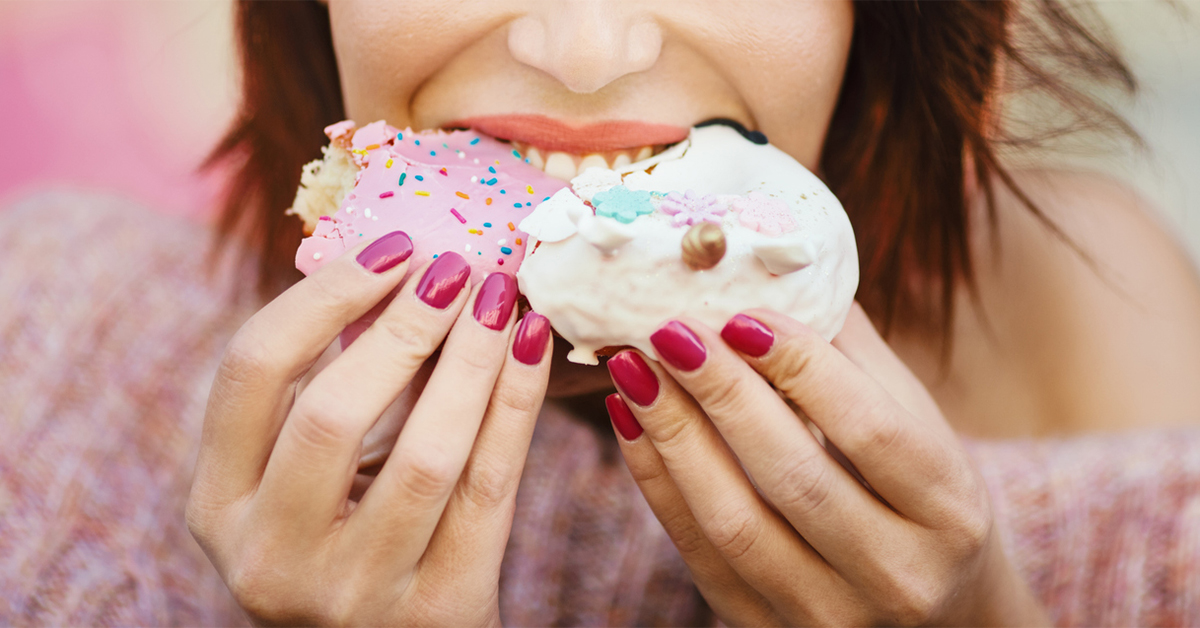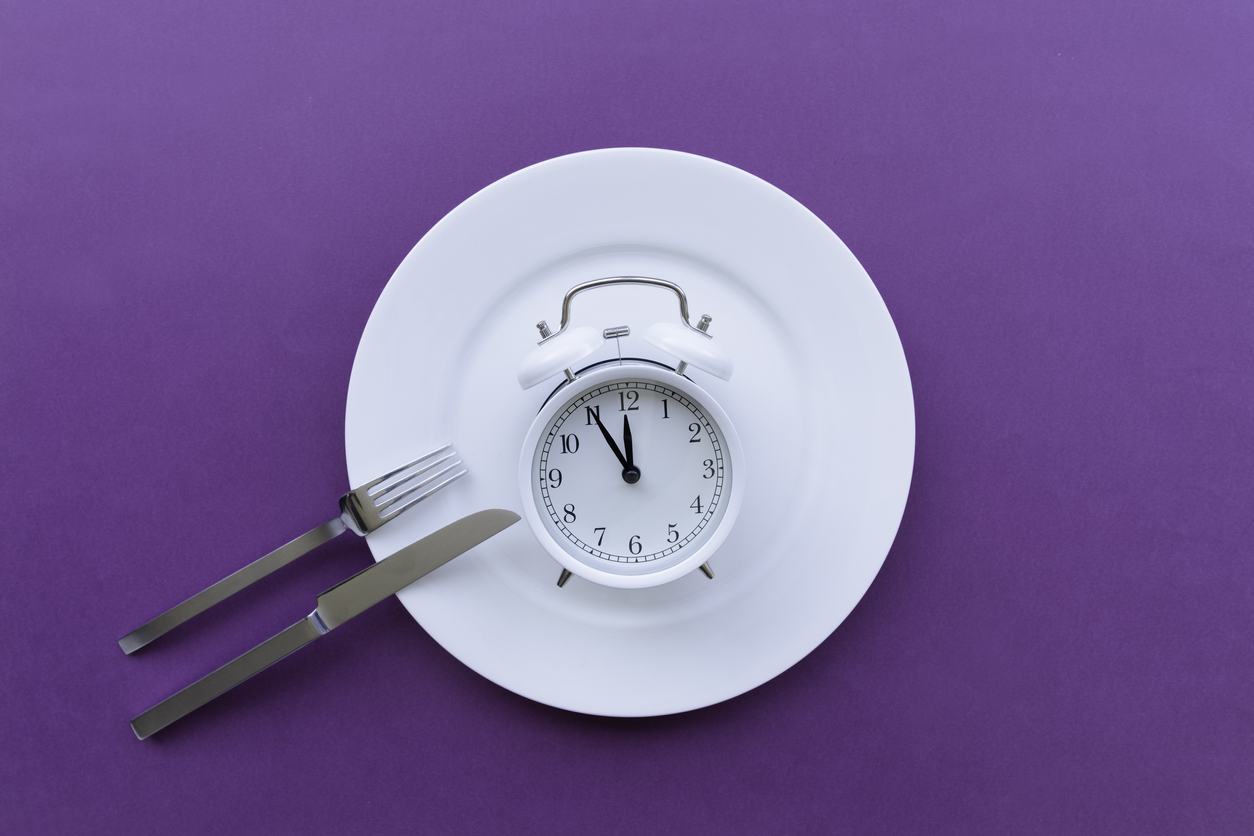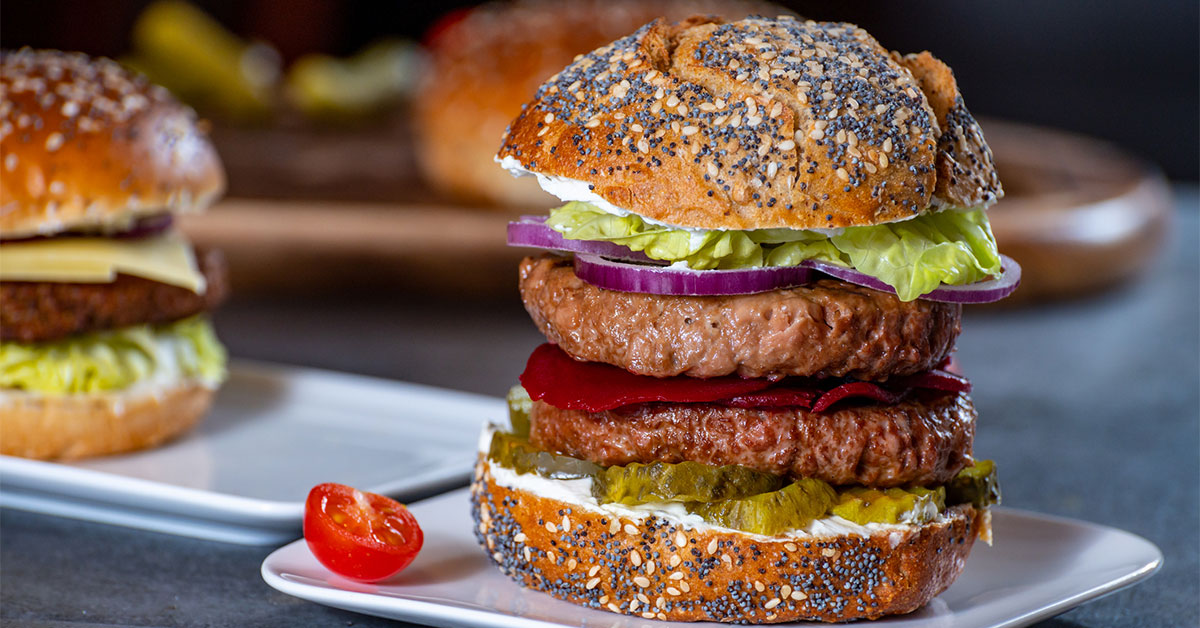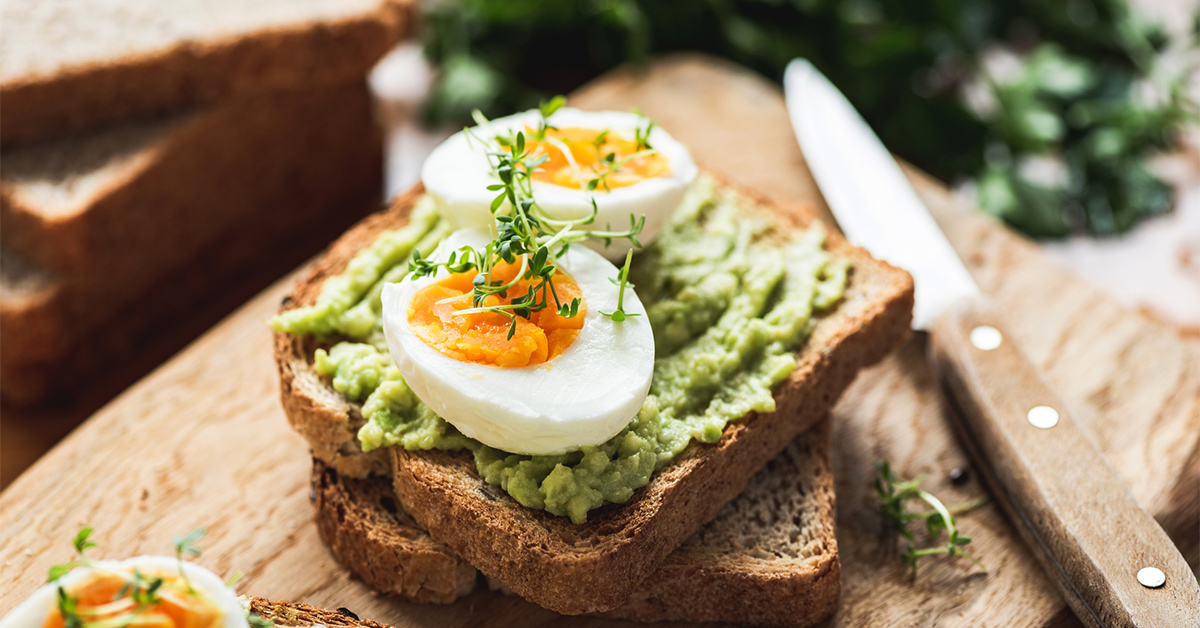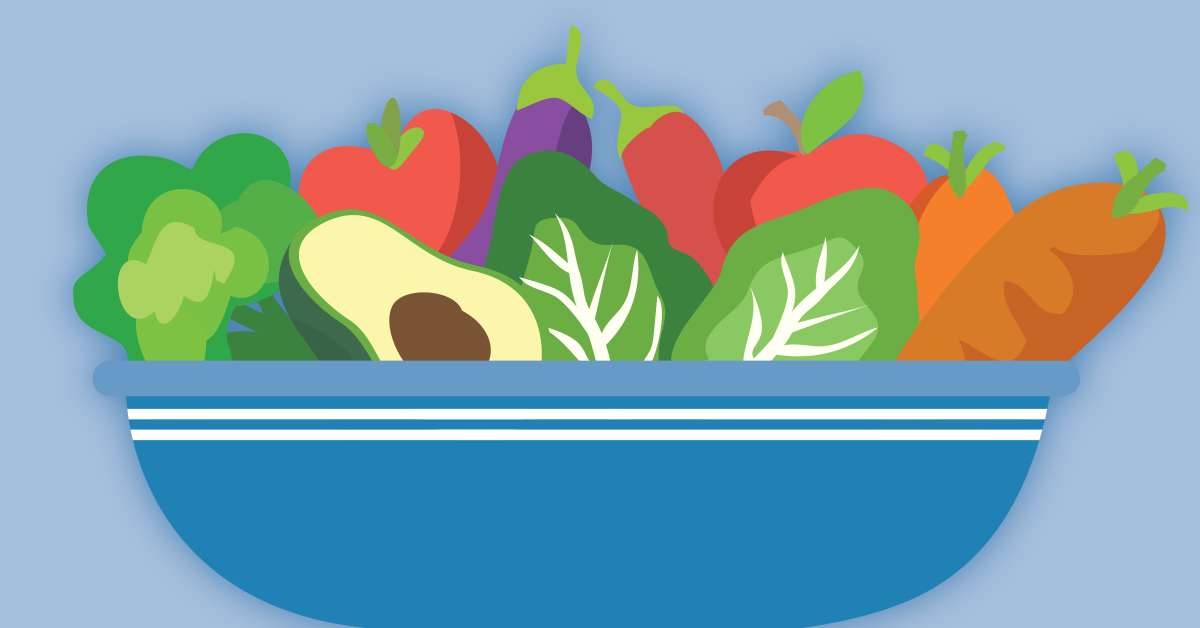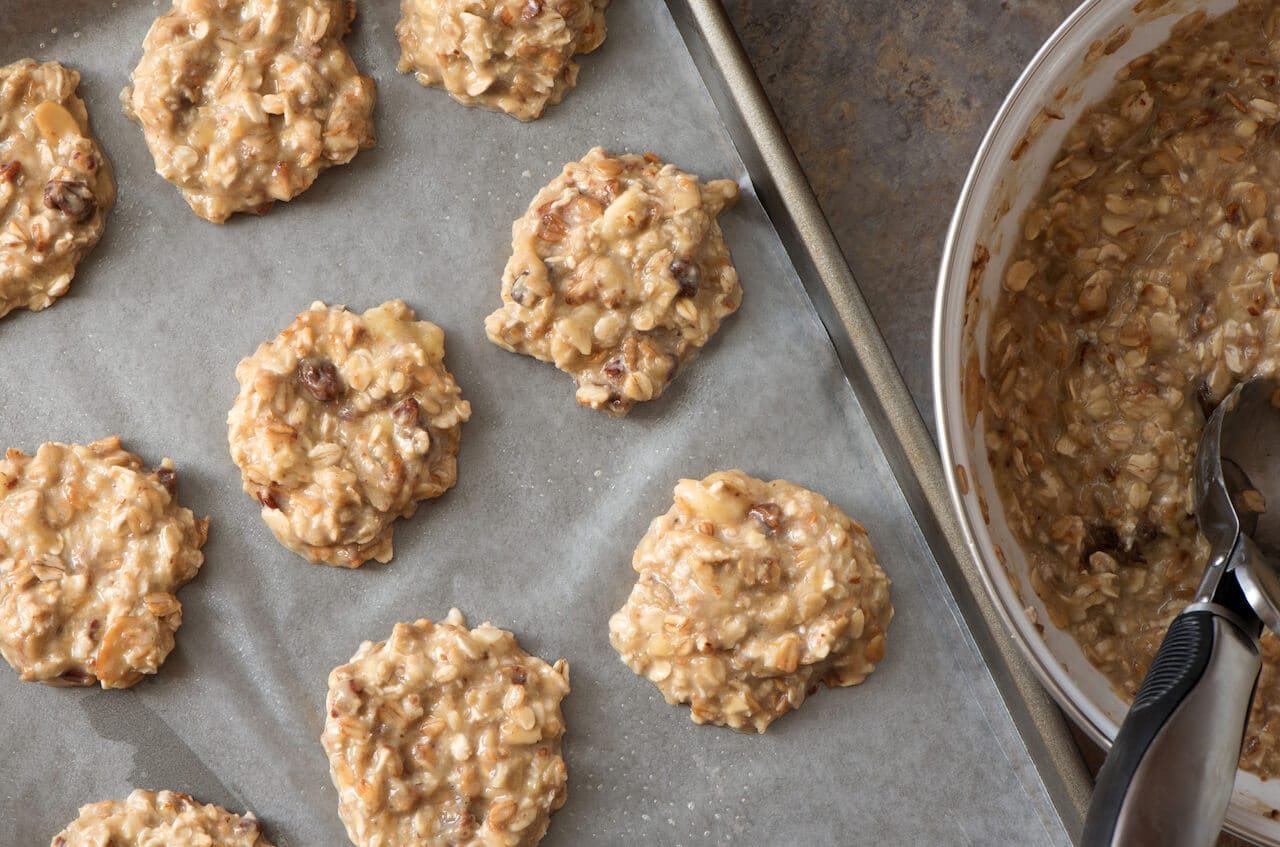The holidays can be a stressful time for many reasons. For those trying to stick to a healthy lifestyle or those on a weight loss journey, the idea of gaining 5-10 pounds and being thrown off track can bring on a kind of anticipatory dread.
The six weeks between Thanksgiving and New Year’s Day are a danger zone for the weight-conscious. Around every corner is a family gathering, a cookie exchange, or a holiday party with mouthwatering appetizers and calorie-packed cocktails.
One study published in The New England Journal of Medicine offers some hope for those concerned with holiday weight gain. It concludes that the average holiday weight gain is less than commonly thought, slightly more than one pound. But the good news stops there.
While a one-pound weight gain may seem insignificant, the study also found that this weight gain was not reversed in the spring or summer months. When this one-pound holiday weight gain takes place every year and is not lost over time, the cumulative effect likely contributes to the substantial increase in body weight during our adult years.
So what can we do to counteract this reality? The answers lie in developing healthy attitudes toward food combined with a basic awareness of calorie consumption. Here are some things to keep in mind as you make your way through the holiday season.
Assess your holiday eating mentality
Some of these thoughts may have crossed your mind already this year.
- “This is the only time of year I get this food.”
- “This tastes just like my Mom’s.”
- “I don’t want to offend anyone by turning down their food.”
- “I’ll start eating better after the holidays.”
- “I’ll just have one.”
These are common rationalizations of the emotional eater. Emotional eating, using food as a source of comfort, can be a source of instant gratification. However, because comfort foods are often high-calorie, high-carbohydrate, and high-sugar, that gratification is often followed by guilt. Unchecked, this can lead to a cycle that is hard to break.
For the holidays, we offer a few simple strategies to help you enjoy the holidays without the guilt or emotional eating traps you may be used to.
Set realistic expectations
Let’s face it. The holidays aren’t conducive to deprivation or dieting. It’s a time to enjoy festivities with family and friends. Realistic expectations will help avoid the pitfalls of an all-or-nothing mindset.
- Focus on weight maintenance vs. weight loss during the holidays.
- Do not plan to diet after the New Year.
- Anticipating food restrictions may set you up for six weeks of overeating.
- Accept that you will indulge during the holidays.
- Denying all indulgences will very likely backfire.
Take inventory of the season
- Identify what situations make it harder for you to eat healthily.
- Family gatherings
- Holiday baking or cooking at home
- Stress eating
- Restaurants or food courts
- Party items such as appetizers, cookies, or alcoholic beverages
Once you identify your challenges, plan ahead. For example, you may want to skip a meal before a holiday party, but showing up hungry can lead to poor food choices and overeating. Consider eating a snack before you leave the house to keep hunger in check. Keep hydrated so you don’t confuse thirst with hunger. If you anticipate a higher-calorie event, balance that with lighter-calorie choices for the remainder of the day.
Watch the BLTs
BLTs are the bites, licks and tastes – the little nibbles – that can quickly accumulate into substantial calories.

Examples of BLTs include:
- Eating that cookie that broke on the cookie sheet
- Breaking off a little piece of peanut brittle someone left in the break room
- Sampling the cheese and crackers or other freebies at the grocery store
- Having just a half cup of the eggnog
- Finishing off the last of the candied sweet potatoes just so they don’t go to waste
When you slip, be kind to yourself. Focus on being aware, not being perfect.
Be mindful in holiday eating zones
Happy hours, parties, and family gatherings can present many temptations. Enjoy, but remain mindful.
- Watch your beverage intake – holiday beverages often contain 150-500 calories each
- Instead of standing next to the buffet table – mingle with friends and family
- Control your portion sizes
- Eat slowly to savor the flavors
- Eat until you are satisfied, not stuffed.
- Drop out of the “clean your plate” club
- Get comfortable saying, “No, thank you.”
Cheers to a holiday season full of joy, laughter, and an indulgence or two along the way.
Want to learn more?
Welia Health dietitian, Danna Woods, talks about sugar – how much we consume, how much is too much, and where to look to reduce our sugar intake.
Registered Dietitians at Welia Health can help people improve their eating patterns by working together to plan, design, and manage healthy eating guidelines and nutritional requirements. Call 320.679.1313 for additional information and to make an appointment.


